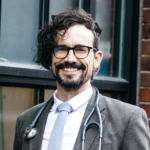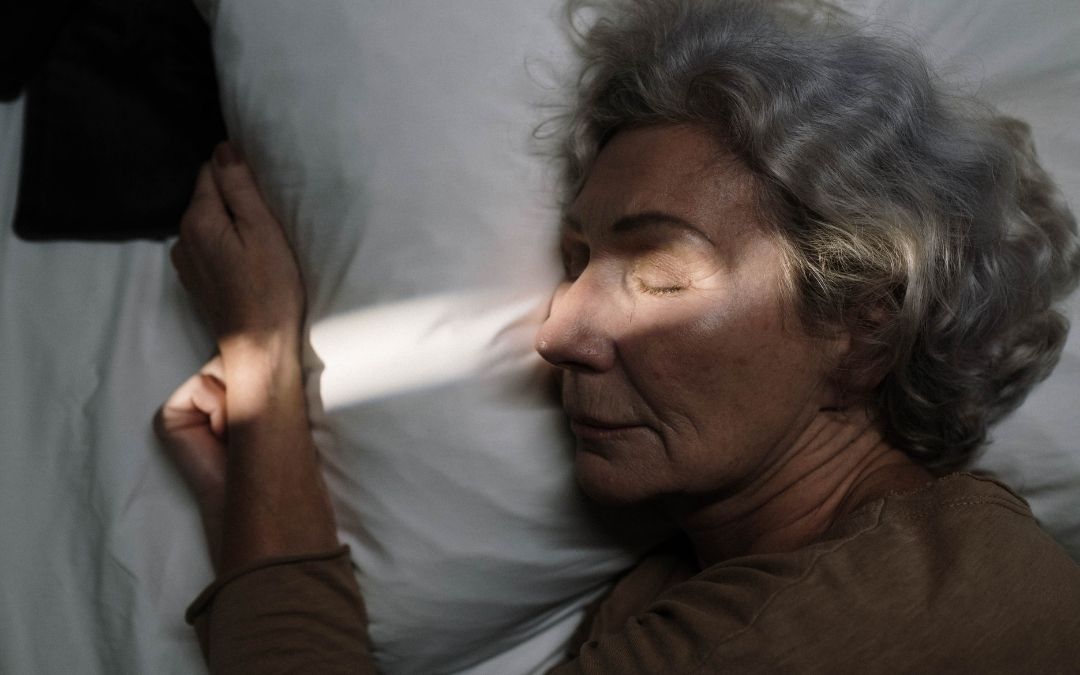Getting enough good-quality sleep is one of the most important things you can do for your health. Sleep helps your body and mind recover, keeps your heart healthy, and boosts your immune system. When you sleep well, you think more clearly, remember things better, and feel less stressed or moody. Sleep also helps your body control weight, blood sugar, and hormones–which lowers risk for problems like diabetes, heart disease, and obesity.
Why it Matters
Not getting enough sleep, or having poor-quality sleep has negative health consequences. There are studies that show a statistically significant increase in the incidence of heart attacks on the day after the spring daylight saving time change (the night when we all get one less hour of sleep) (1). There are other studies that show night shift workers have statistically significant increased risk of breast, prostate, and colorectal cancers, type 2 diabetes, and coronary heart disease compared to non-shift workers (2, 3).
More generally, not getting enough sleep can make you feel tired, irritable, and forgetful. Over time, it can raise your chances of getting sick, having accidents, or developing serious health issues like high blood pressure, depression, and may even be correlated with dementia (4). Not only does poor sleep lead to sleep problems, it can also exacerbate other health conditions.
Tools for Better Sleep
With few exceptions, adults need 7+ hours of sleep each night to stay healthy. There are many ways to promote good sleep:
-
- Create a cool, dark, quiet bedroom.
- Go to bed and wake up at the same time every day
- Limit screens and blue light 1-2 hours before bed to promote melatonin production
- Avoid caffeine later in the day. The half-life can be as high as 8 hours.
- Limit alcohol intake. Polysomnography shows sleep architecture changes with alcohol consumption (5)
- Finish eating >2 hours before bedtime. It takes 2-3 hours for food to pass out of the stomach and laying down during that time can disrupt sleep
- Engage in regular exercise earlier in the day
- Nurture a relaxing bedtime routine such as hot herbal tea, soft music, warm light, relaxing book or podcast, breathing or meditation exercises, etc.
Huberman Lab Podcast has a great resource in the Sleep Toolkit
Supplement Support
Some people may still have sleep disturbances despite promoting a healthy sleep routine. If so, there are some supplements that can help. The following are generally safe and can help promote sleep (please talk to your provider before starting any new supplements):
-
-
- Melatonin – Lower dose is better. 1-3mg is ideal. Use immediate release if you have trouble falling asleep or extended release if you have trouble staying asleep. If you wake up in the middle of the night and have trouble getting back to sleep, low-dose immediate-release melatonin can help
- Magnesium – Shoot for 400mg before bed. Making it part of the bedtime routine can be helpful.
- L-theanine – 200mg before bed can be calming and promote sleep
- Valerian – Can improve quality of sleep and time to fall asleep. There are supplements and teas.
- Passion Flower – Can promote sedation and reduce anxiety. Generally safe but don’t take consistently for long periods of time.
-
When to Consult Your Healthcare Provider
Seek professional guidance if you experience:
-
- Persistent difficulty initiating or maintaining sleep
- Chronic fatigue despite adequate sleep duration
- Excessive daytime sleepiness
- Suspected sleep disorders (e.g., sleep apnea, insomnia)
Taking care of your sleep is just as important as eating well and staying active – it’s a biological necessity. If you have trouble sleeping or feel tired all the time, talk to your provider. Integrative Family Medicine of Asheville is here to help you prioritize sleep health with the same commitment given to other wellness practices. Good sleep can help you feel your best and protect your health for years to come.
For more information on the biology of sleep, common sleep challenges, and practical solutions, check out this Community Class presented by Erin Shadle, LCSW:
https://www.integrativeasheville.org/why-cant-i-sleep/

This blog post was written by Michael Crowgey, MD, a medical provider at Integrative Family Medicine of Asheville. You can read more about Michael in his bio.

